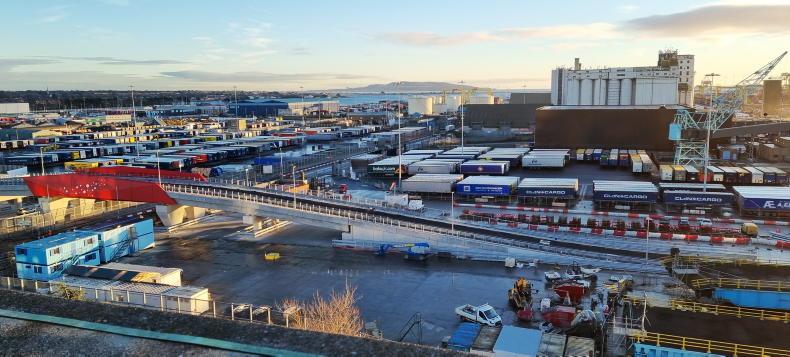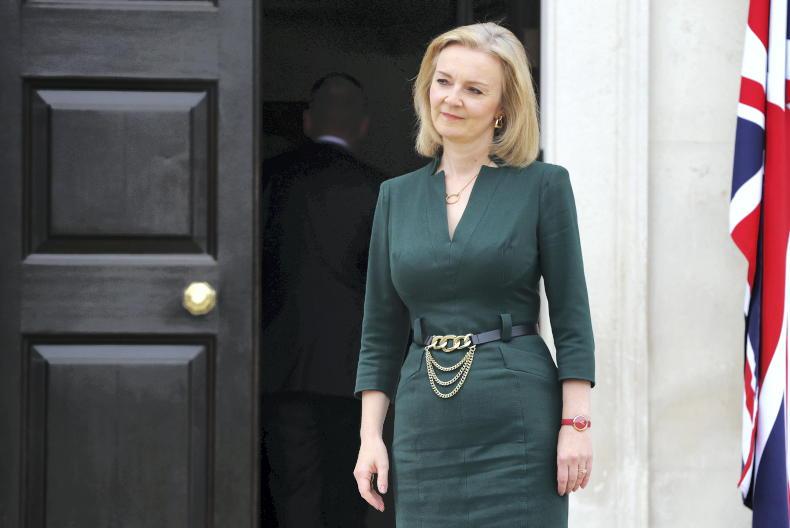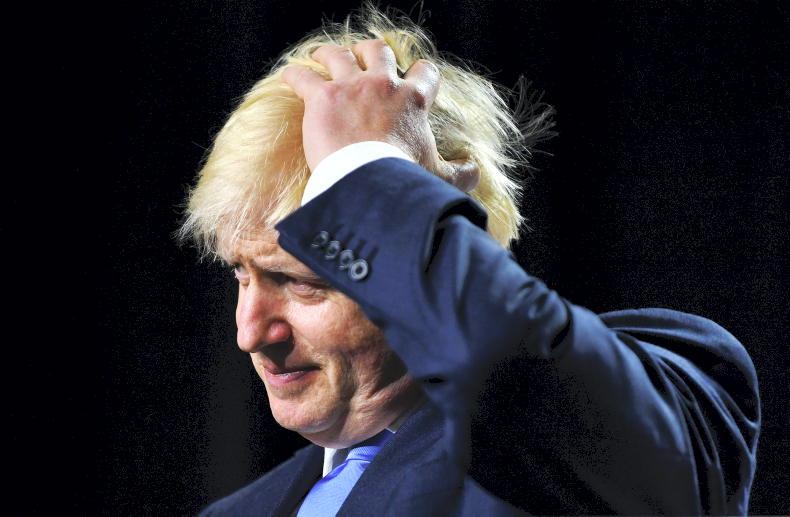When the Irish Farmers Journal met the chief executive of Dublin Port late last year, there was no attempt to sugar coat the loss of roll-on roll-off freight since the UK left the single market at the beginning of 2021.
Trade through the port switched in two directions - deliveries to continental Europe switched to direct sailings between Rosslare and French ports, while traffic to and particularly from Britain choose to travel through Northern Ireland.
The benefit of this to Belfast harbour was revealed in their accounts for 2021 published this week.
Belfast harbour results
Turnover increased to £73.3m with profits doubling to £39.8m compared with the COVID-impacted 2020 figures.
However, the most striking figure is the increase in the volume of business, a record 26.5m tonnes, with container traffic up 15% to 132,000 units and roll-on roll-off up 12% to just under 600,000 units.
The port spokesperson was keen to point out that their job was purely as infrastructure to facilitate trade and that they had no active role in administering the protocol.
It is clear that an open border between Northern Ireland and the rest of the UK would become the route of choice
However, it was clear that they benefited from business choosing Belfast as opposed to Dublin Port for trade.
When the UK was in the single market, considerable quantities of Northern Ireland freight preferred Dublin as it landed closer to the centre of Britain in Holyhead rather than Stranraer.
Border controls negated this benefit since the start of 2021 and this is particularly applicable to goods entering the Republic of Ireland from Britain, as they are subject to full border controls.
Protocol dimension
This also brings the operation of the protocol into focus. It has been the subject of much debate recently, with the UK proposing to legislate to override the checks and border controls agreed with the EU.
It is clear that an open border between Northern Ireland and the rest of the UK would become the route of choice for trade in both directions.
This explains the EU's reluctance to accept an open border and insisting on border controls.
Even though they may be prepared to make concessions on the extent of scrutiny, there is no escaping the fact that for Northern Ireland’s continued participation in the single market, a level of agreed border controls will be necessary.
Controls
This is not what is envisaged in the UK legislation and therein lies the problem. It is impossible for Northern Ireland to be at the same time part of the UK and EU single market without a level of controls.
The smoothest solution, apart from full UK membership of the single market, is for the entire UK agreeing to at least an associate type participation in a veterinary agreement with the rest of the EU.
After all, there is a customs agreement that means no tariffs, surely it would be the same principle agreeing a veterinary agreement to remove the need for veterinary certificated and inspections.









SHARING OPTIONS